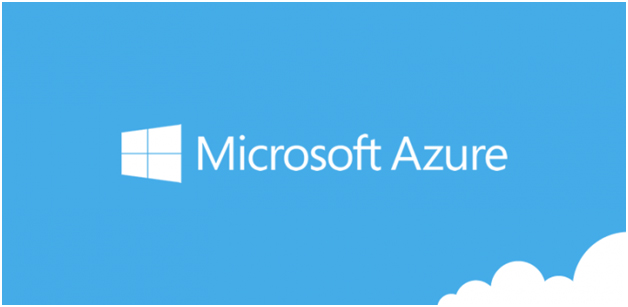
Harnessing the Power of Microsoft Azure for Cloud Computing
Microsoft Azure represents a paradigm shift in how organizations manage their digital assets. Often compared to a virtual desk or cupboard, Azure offers a versatile space for storing and organizing files in the cloud. This innovation allows organizations to run Azure within their own data centers, integrating seamlessly with their existing infrastructure.
The ascent of cloud services is undeniable, with reports indicating that 73% of organizations have migrated at least half of their operations to the cloud. The remaining businesses are poised to join this trend, recognizing the immense benefits and efficiencies that cloud computing offers.
One of the key advantages of cloud computing, and Azure in particular, is the significant computing power it provides to users. This power is something that many organizations could not feasibly generate on their own. Azure not only eliminates the need for expensive hardware for data storage but also offers a cost-effective and user-friendly service.
Azure's offerings encompass nearly 600 services under Microsoft's cloud computing umbrella. This web-based platform enables users to build, manage, test, and deploy services and applications with ease. It spans a range of services including infrastructure as a service (IaaS), platform as a service (PaaS), and software as a service (SaaS). Its core functionalities include cloud services, app services, and virtual machines, catering to diverse business needs.
Azure's accessibility and scalability make it an ideal solution for any company, regardless of the size of their data or storage needs. This versatility is a key factor in its widespread adoption. However, Azure's global availability is still expanding. Currently operational in about 42 regions, Microsoft has expressed intentions to extend Azure services to more countries, including being the first to offer cloud services in Africa with facilities in South Africa.
In terms of structure, Azure operates on the concept of regional pairs, where geographically close regions are linked to enhance reliability and data redundancy. For instance, Amsterdam and Dublin form a regional pair, ensuring data integrity and continuous service even in the event of regional disruptions.
Microsoft's extensive network of global partners plays a crucial role in marketing and selling Azure services. The platform's specific computer programs fall under Azure Machine Learning, catering to specialized business needs. Organizations gravitate towards Microsoft Azure due to the trust and reliability associated with the Microsoft brand. Azure guarantees 99.99% uptime and offers extensive disaster recovery plans, along with backup file space, making it a compelling choice for companies seeking robust, secure, and reliable cloud computing solutions.
Azure's journey reflects the evolving needs of businesses in a digital-first world, where cloud computing is no longer a luxury but a necessity. As Microsoft Azure continues to expand its global footprint and enhance its offerings, it stands as a testament to Microsoft's commitment to driving innovation and supporting businesses in their digital transformation journeys.







Our Services